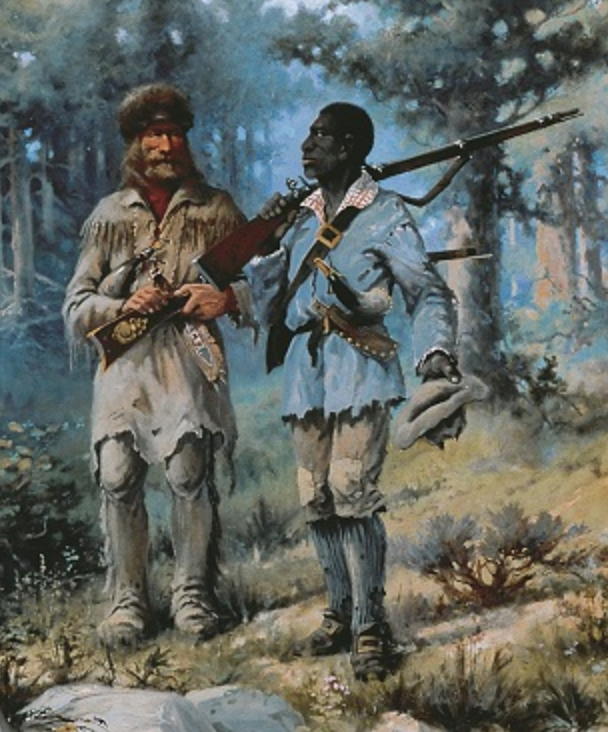Last updated: March 10, 2025
Article
Final Years of York’s Life

Yet, upon returning from the Expedition, Clark refused to provide freedom to his life-long companion. From about 1814, after York had been hired out to another farm owner near Louisville, until about 1832, Clark doesn’t mention York in any written record. It was then, when writer Washington Irving visited St. Louis, it was revealed by Clark that he freed a number of his slaves, including York. Clark claimed York started a business as a wagoner, driving about the streets of Louisville making deliveries. Irving’s notes from the meeting also indicate that Clark mentioned York had lost his business and was “taken with cholera in Tennessee and died” while trying to return to Clark in St. Louis.
But several other legends circulated about York’s fate. Some say he was found sharing stories of his travels when he frequented the taverns of St. Louis. Later, Zenas Leonard, who trapped in the Rockies in the 1830s, recalled meeting an old black man living among the Crow people in Wyoming – the man claimed he first came into that territory with Lewis and Clark.
York’s life after the Expedition remains one of the many mysteries of the Corps. We do know he did not receive a just reward for his contributions to the Expedition.
